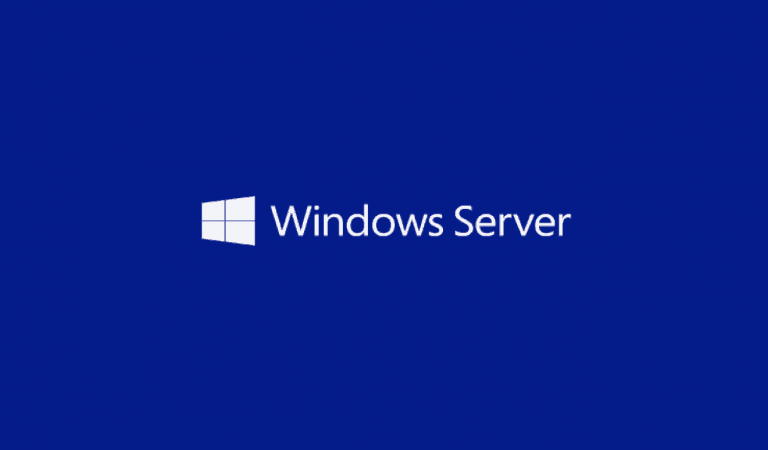Windows 10 PCs aren’t the only devices receiving new builds today, users in need of updates to Windows Server are in luck today.
Alongside the Windows 10 Insider preview build 17127 for Fast Ring PCs, customers using Windows Server are now getting vNext LTSC build 17623 today.
The LTSC in the title for Windows Server stands for Long-Term Servicing Channel and it combines both Desktop experiences as well as Server Core with support for over 18 server languages and the bits for the next Windows Server Semi-Annual Channel release.
According to the latest Windows Blog post, customers can look forward to the following:
- In-place OS Upgrade (from Windows Server 2012 R2, Windows Server 2016)
- Application compatibility – please let us know if any server roles or applications stops working or fails to function as it used to
Other tidbits in the release include extending clusters with Cluster Sets, deep platform sensors, and response actions to address memory and kernel vulnerabilities and attacks via Windows Defender ATP. Exploit Guard prevention capabilities, Network protection, Controlled Folder Access, Failover Cluster removal and shielding for virtual machines are also new items for Server customers to play around with this new 17623 build.
Customers can try out the new build via an iSO formatted in 18 languages and download it after registering as an Insider which will then walk through the rest of the download and install process.
As with many Insider programs, testers participate at their own risk and Windows Server build 17623 there are a handful of known issues that still need a little attention from the Server engineering department.
- Known issues
In‑place OS upgrade: Domain Controllers. During an in-place OS upgrade, Active Directory (AD) Domain Controllers (DC) might not be upgraded correctly. So, back up any AD DCs before performing an in-place OS upgrade.- Editing or creating policies for AppLocker can cause the MMC snap-in to crash when generated rules for a packaged app.
- After upgrading the operating system, the AppX database may have corrupted entries, which causes problems for components that use those entries.
Testing of the Windows core may fail because of a timeout while attempting to load the test libraries.


